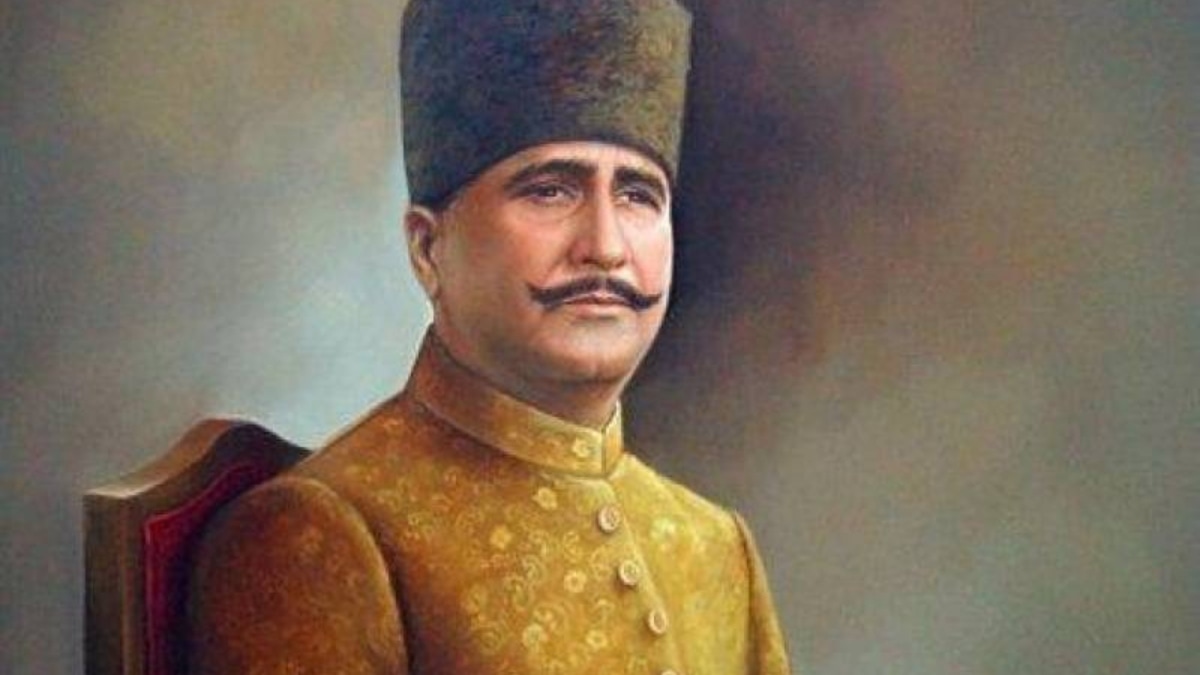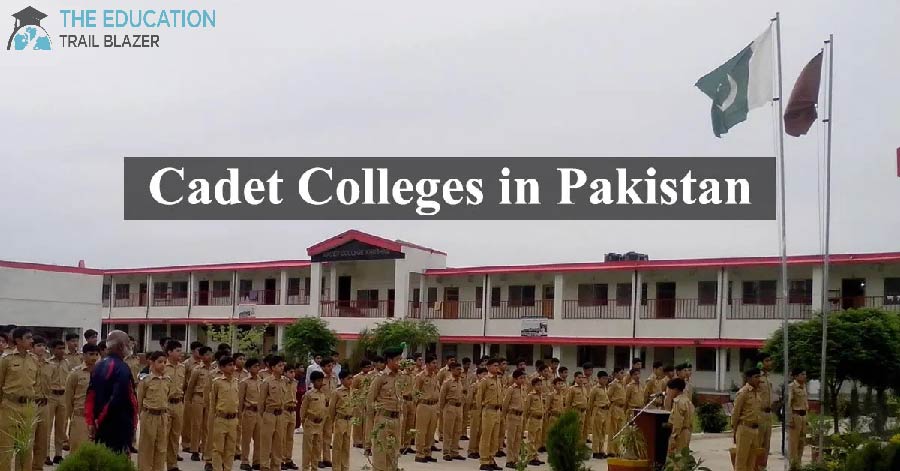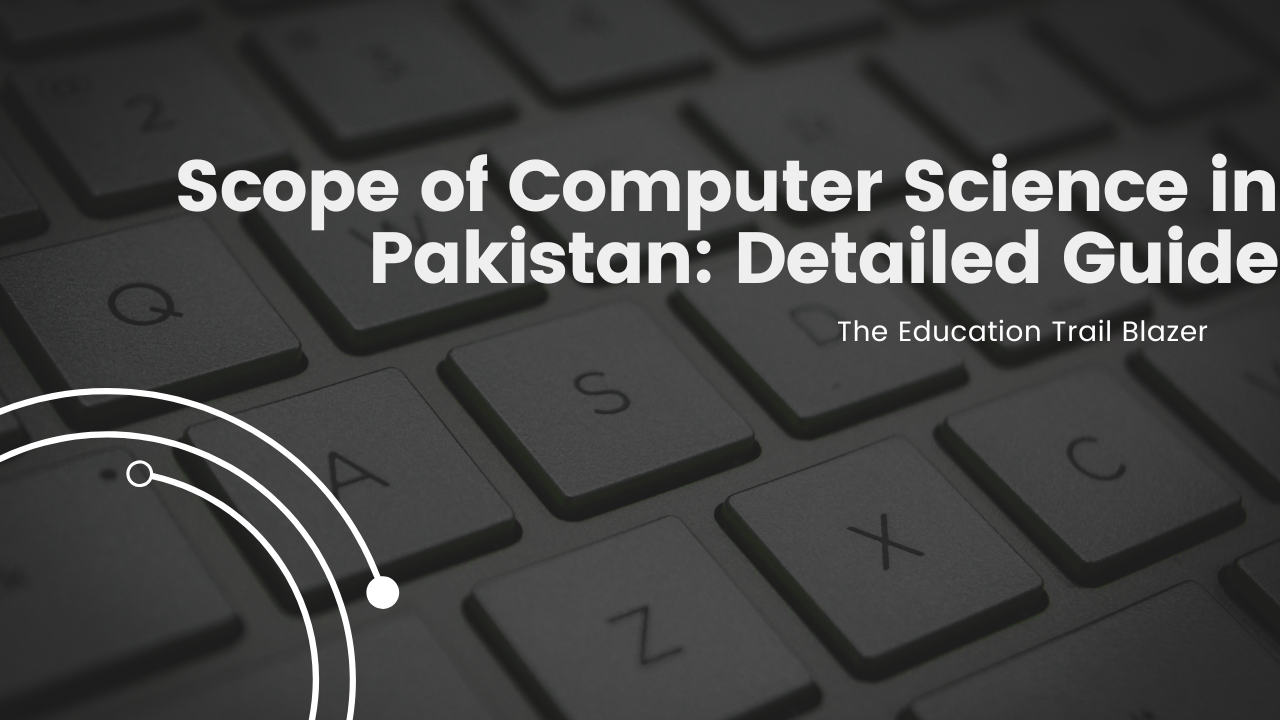Allama Iqbal’s actual name was Muhammad Iqbal, and he is referred to as “Allama” because of his literary contributions and knowledge. He was a well-known poet, philosopher, and an important politician in the Sub-Continent. He greatly influenced Pakistan’s ideology because of his ideas on nationalism, Islam, and self-identity.
Allama Iqbal greatly influenced the freedom struggle of the Muslims in the subcontinent and fought alongside the founder, Quaid e Azam Muhammad Ali Jinnah, for independence of Pakistan, a separate and united nation for the Muslims of the subcontinent. Iqbal’s ideas and philosophies are still relevant in the 21st century. This essay on Allama Iqbal explores his literary contributions, political and social activism, philosophy and ideas and lastly, Iqbal’s legacy and impact.
Early Life and Education
Allama Iqbal was Born on November 9, 1877, in Sialkot. Iqbal belonged to a religious and traditional family. His father’s name was Sheikh Noor Muhammad, and he was a tailor. His mother, Imam Bibi, was a housewife. From a very early age, Iqbal showed signs of intellectual wisdom. He excelled in his studies and always had a keen interest in poetry.
Allama Iqbal’s official schooling started in Sialkot at the Scotch Mission College. For his college he moved to Lahore and went to the Government College, where he graduated with a Bachelor of Arts. For higher education, Iqbal moved to Europe and attended the Universities of Cambridge and Munich. Studying abroad had a lasting impact on Iqbal’s vision and world view as he had introduced him to Western intellectual ideas.
Literary Contributions
Allama Iqbal has majorly contribution in the Urdu and Persian literature. His work encompasses of poetry, prose, and philosophical ideologies. We would require a separate essay on Allama Iqbal in English to cover his poetic work.
To shed some light on his work, Iqbal’s poetic masterpieces include “Shikwa” (The Complaint), “Jawab-e-Shikwa” (The Answer to the Complaint), and “Asrar-e-Khudi” (Secrets of the Self). These poems portray his mastery of language and at the same time, convey philosophical messages. The above-mentioned works are a necessary to discuss in this Allama Iqbal essay.
Major Themes and Ideas
Allama Iqbal’s work deals with themes of self-discovery, Islamic philosophy, and nationalism. In “Asrar-e-Khudi,” he introduces the concept of “Khudi” or selfhood, encouraging people to fulfil and realize their full potential.
Iqbal’s view of nationalism is very interesting and inspiring. His vision encompassed a unified Muslim Ummah and considered the rebirth of Islamic ideals to be the key for its success. His poetry and prose reflect a deep concern for the social and political concerns that Muslims face, making him a major figure in the intellectual of his era.
Political and Social Activism
Allama Iqbal’s greatly influenced the political and social activism in the subcontinent during the freedom struggle. He was a key figure in the Pakistan Movement and fought for the rights and unity of Muslims. He was distinguished a member of the All-India Muslim League and Iqbal’s idea of a distinct Muslim state played an important role in the formation of Pakistan. Let’s shed some light on his role in the Pakistan Movement and Advocacy for Muslim rights in this essay on Allama Iqbal in english.
Role in the Pakistan Movement and Muslim League
To reflect Iqbal’s role in the Pakistan Movement, we can go back to his presidential address to the Muslim League in 1930. It is an important part of the subcontinent’s history, the reason being that for the first time in this speech, he clearly articulated the concept of a distinct and separate country for Muslims. This created the intellectual foundation for Pakistan. His demand for Muslim solidarity and advocacy for an independent state struck a chord with the Muslim population, especially the Muslim youth.
Advocacy for Muslim Rights and Unity
Iqbal’s socio-political activism wasn’t without purpose. He was always driven by a deep-rooted concern for the socio-political difficulties and downfall of Muslims during the British rule. Contrary to popular belief, he sincerely felt that only through unity and return to Islamic teachings could Muslims reclaim their long-lost greatness. This may be observed notably in his lectures and writings that clearly underlined the need for educational and social changes to improve the Muslim population.
Philosophy and Ideas
Iqbal’s notion of “Khudi” or selfhood is the core of his philosophy. He believed that self-realization and empowerment are what people and societies need in order to reach greatness. This concept is extensively and repetitively addressed in his poems and writings, as he urges readers to discover their own inner potential and always strive for perfection. His philosophical ideas are a cornerstone in an Allama Iqbal essay.
Concept of “Khudi” and Its Significance
According to Iqbal, human beings were not created by chance, but rather for specific reasons. The aim of existence is to continue seeking the reasons for being. He said that the goal of human life is more than just eating and sleeping; there is a larger reason why humans were created in the first place. And that cause is at the heart for the origins of humanity and why it was formed. To investigate where humans originated from and more importantly, why. He stated that human beings are superior to all other animals in the cosmos and should conduct appropriately.
“Khudi” is a common theme in Iqbal’s writing, symbolizing the concept of self-worth and self-esteem. He saw it as a force that motivates people to overcome their limitations and achieve greater success. This idea is more than just independence; it also includes a sense of duty and obligation to the community.
Views on Islam, Nationalism, and Global Politics
Iqbal’s ideas on Islam are modern, innovative and traditional. He saw Islam as a holistic way of life that can extensively and completely address the issues that Muslims confront today. His view of nationalism was very inclusive and emphasized the unity of the Muslim Ummah while also acknowledging the diversity that exists within.
When it comes to the global political environment, Allama Iqbal has always been critical of colonialism and imperialism. He felt that Muslims should strive for political and economic independence from external powers. His views on world politics were ahead of their time, emphasizing the value of self-determination and fairness. It is important to under the gist of these ideas in an Allama Iqbal easy essay in English.
Legacy and Impact
Allama Iqbal’s influence and legacy is an integral part of Pakistan’s cultural so much so that Iqbal’s birthday is a national holiday in Pakistan. His literary work and philosophical ideas continue to inspire generations and help in assisting them to shape the Pakistan’s identity. Iqbal’s impact on Pakistani culture was remarkably huge. His books are part of the educational curriculum, and his views are widely used in political and intellectual debates.
Continued Relevance and Inspiration for Contemporary Issues
Iqbal’s concepts on self-empowerment and self-identity, solidarity and unity, and social justice are still relevant today and will remain relevant not only for Pakistan but also globally. His emphasis on education and intellectual rebirth of Muslims is consistent with current attempts to solve the difficulties facing the Muslims around the world. Iqbal’s vision of a progressive, self-sufficient community continues to motivate attempts for social and political transformation. This relevancy is essential part in an essay on Allama Iqbal.
Conclusion
To conclude this essay on Allama Iqbal, we have established that Allama Iqbal has a prominent legacy as a poet, visionary philosopher and politician. He laid the intellectual foundations of Pakistan in 1930 by clearly articulating a need for a separate nation for the Muslims of the subcontinent.
Allama Iqbal was more than just a poet or a philosopher; he was a visionary who imagined a better and brighter future for Muslims and worked relentlessly to make it a reality. He believed that if people believe in themselves and work hard, they can achieve great things.
Allama Iqbal’s life and work is inspiring and offers the readers important lessons about self-worth and self-improvement. His legacy continues to inspire and encourage people not only in Pakistan, but around the world.





